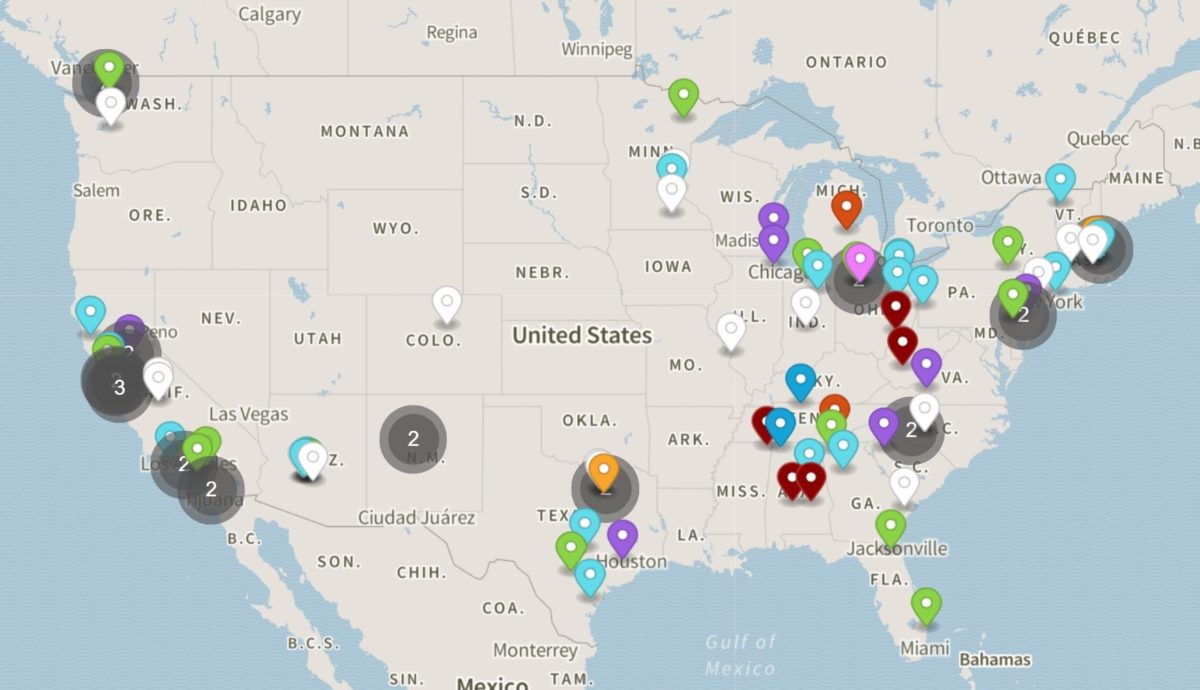From pv magazine USA
Since the signing of the US Inflation Reduction Act (IRA), more than 10 companies have announced between 50 GW and 80 GW of solar silicon, wafer, cell and module manufacturing capacity in the United States.
The Solar Energy Industries Association’s (SEIA) roadmap optimistically targets 50 GW of solar module manufacturing capacity. As a result, some analysts see the potential for the USA to emerge as a strong export market for solar panels.
This is hard evidence that just a bit of refined industrial policy – the IRA, in this case – can have a massive impact on local businesses and national security. One new development is the participation of solar developers in solar module assembly factories. Their involvement is motivated by the need to secure module capacity, while meeting the “Made in America” criteria for products. Meeting this criteria is important, because projects that meet the requirement are eligible for the Inflation Reduction Act’s 10% Investment Tax Credit adder.
To continue reading, please visit our pv magazine USA website.
This content is protected by copyright and may not be reused. If you want to cooperate with us and would like to reuse some of our content, please contact: editors@pv-magazine.com.



By submitting this form you agree to pv magazine using your data for the purposes of publishing your comment.
Your personal data will only be disclosed or otherwise transmitted to third parties for the purposes of spam filtering or if this is necessary for technical maintenance of the website. Any other transfer to third parties will not take place unless this is justified on the basis of applicable data protection regulations or if pv magazine is legally obliged to do so.
You may revoke this consent at any time with effect for the future, in which case your personal data will be deleted immediately. Otherwise, your data will be deleted if pv magazine has processed your request or the purpose of data storage is fulfilled.
Further information on data privacy can be found in our Data Protection Policy.